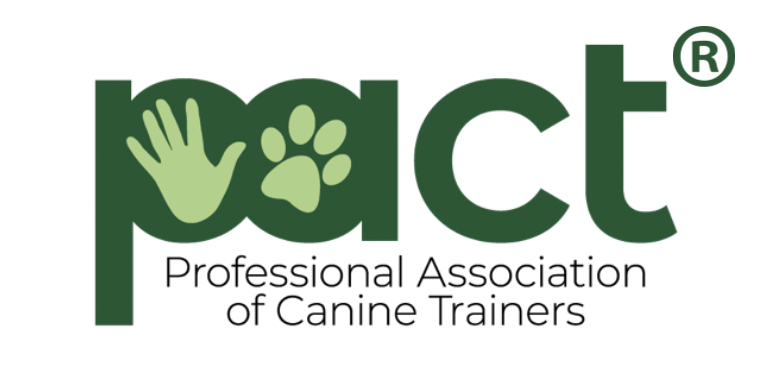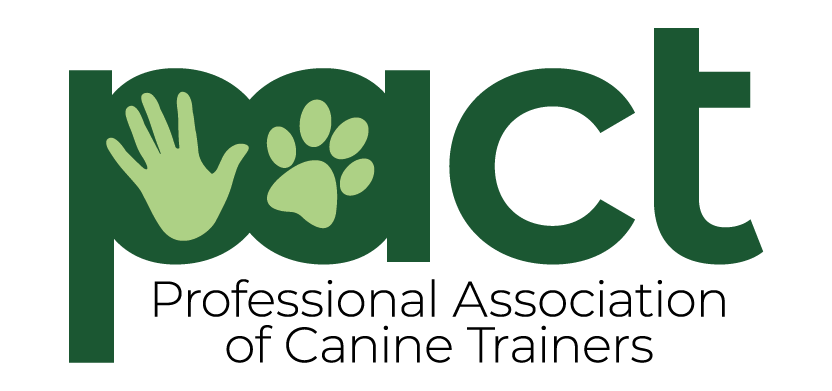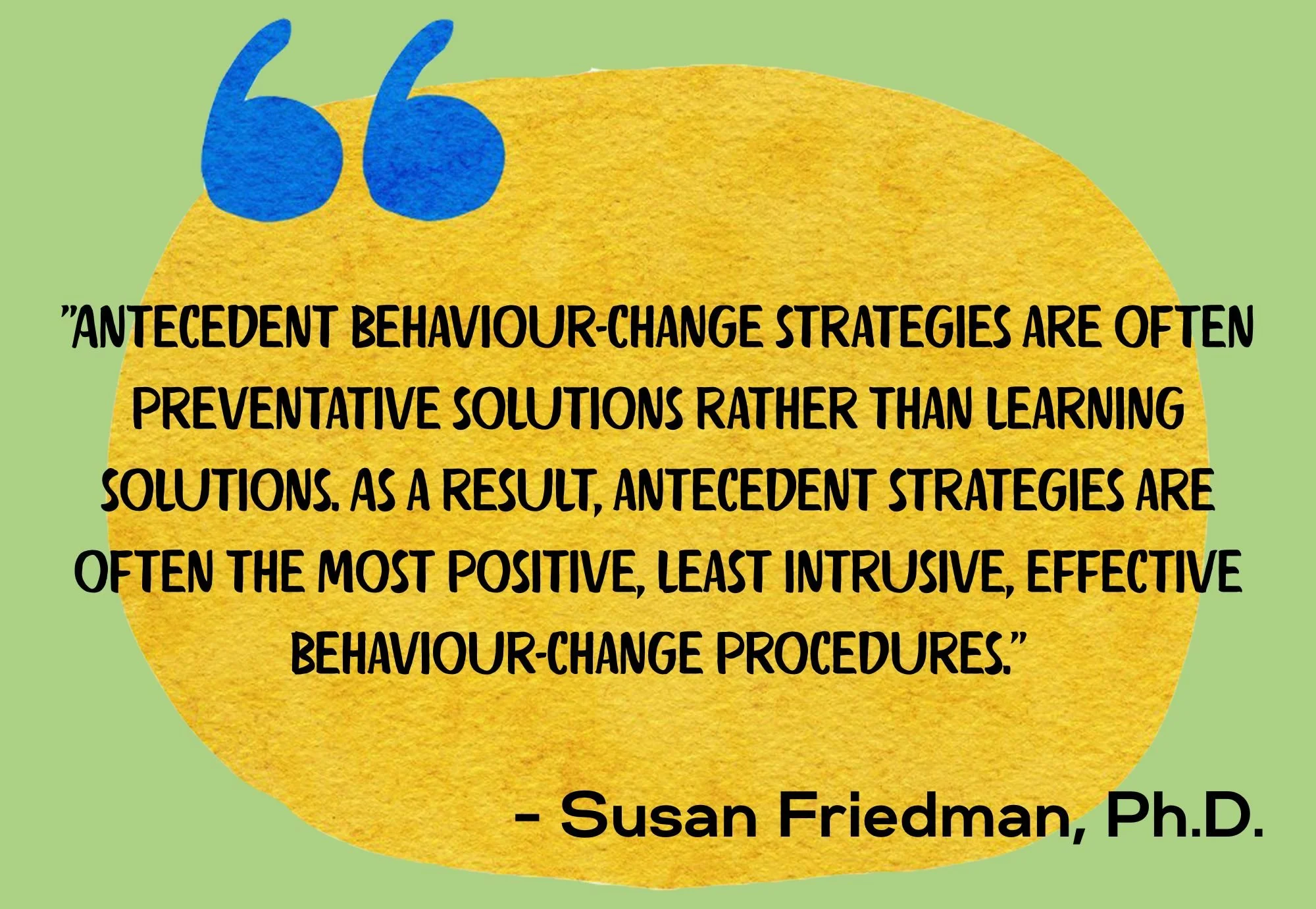Flourishing
By - Corrin Goodall
The Monstera's Journey to Flourishing
Back in May, I was kindly gifted a Monstera plant by my mother-in-law. It was far from thriving, so we decided to name it "Monsieur Fromage." While I'm not yet the green-fingered expert I hope to be one day, I was determined to give it a shot. After all, I've always wanted one of these beauts’ with their show-stopping, awesome holey leaves.
Feeling a bit out of my depth, I decided to seek advice before beginning my rescue operation. A good friend with much more houseplant knowledge than me helped me come up with a plan.
My rescue plan involved a new, complementary dusty pink pot, some nutrient-rich compost, and a bendy moss pole for support. I gave it a good drink and found the perfect position in the house for it. The difference in just two months has been astonishing!
The Power of Antecedent Arrangements in Dog Training
My reason for sharing this story is that the same principles apply to how we care for our dogs. We can create an environment that helps them thrive. Often, a simple rearrangement of their surroundings, known as an antecedent arrangement, can be far more effective than a rigorous training regime.
Antecedent arrangements are changes we make to a dog's environment before a behaviour occurs to set them up for success. By managing the antecedents—the things that come before a behaviour—we can prevent unwanted behaviours from happening in the first place and encourage desired ones. Here is a wonderful quote from Susan Friedman, Ph.D.
Here are some examples of how to use antecedent arrangements:
Slippery Floors: If you’re worried about your dog struggling to walk on slippery surfaces, due to the potential to cause stress and inhibit their movement. Instead of trying to train them to be comfortable on the floor, a simple antecedent arrangement is to buy a few rugs to provide them with secure footing.
Puppy Management: The arrival of a new puppy often means a chaotic household. To prevent your puppy from chewing on shoes or clothes, you can use an antecedent arrangement by making sure your shoe rack is actually used and laundry is kept in a hamper with a lid. This proactive step prevents the puppy from even having the opportunity to get into trouble.
Counter-Surfing: If your dog loves to steal food from the counter, the antecedent is the food being left out. An effective antecedent arrangement is to make sure all food is stored in cupboards and secured. This removes the temptation and prevents the unwanted behaviour from ever starting. That's right—you can actually use that bread bin, rather than storing the bread on top of it, like my parents. I know, what are they thinking!?
These small changes can make a huge difference in your dog's happiness and your daily life, reducing the need for constant supervision and a whole bunch of stress and frustration..
When a Change of Environment is Necessary
Sometimes, despite our best efforts, there are factors outside of our control. When these factors lead to consistent negative consequences for a dog, the kindest thing we can do might be to consider if a different environment altogether is the answer. This is never an easy decision, but I would like to see less stigma for those who have done all they can and, after much thought, have come to this conclusion. It shows a deep level of care and a commitment to the animal's wellbeing above all else.
Arranging Our Own Environments
Speaking of having a deep commitment to an animals wellbeing… This principle of antecedent arrangement isn't just for our dogs—it's a powerful tool for our own lives, too. If we want to read more, we can leave a book on our bedside table. If we want to eat healthier, we can stock our kitchen with nutritious snacks and keep junk food out of the house. By mindfully structuring our own environments, we can reduce friction and make it easier to develop positive habits, improve our mental health, and boost our productivity.
A Flourishing Future For Monsieur Fromage
The timely reminder that Monsieur Fromage has gifted me is that flourishing isn't just about hard work or training; it's about providing the right conditions for growth. Whether it's a plant, a dog, or even ourselves, we have the power to arrange our environment in a way that allows us to thrive. By being mindful of the antecedents and creating a supportive, nurturing space, we can help our dogs—and ourselves—live our best lives, with less stress and more joy.
And while I have you, if you'd like what I consider to be the perfect earworm, go take a listen to Tom Rosenthal's song "Flourishing." I bet you don't regret it.





